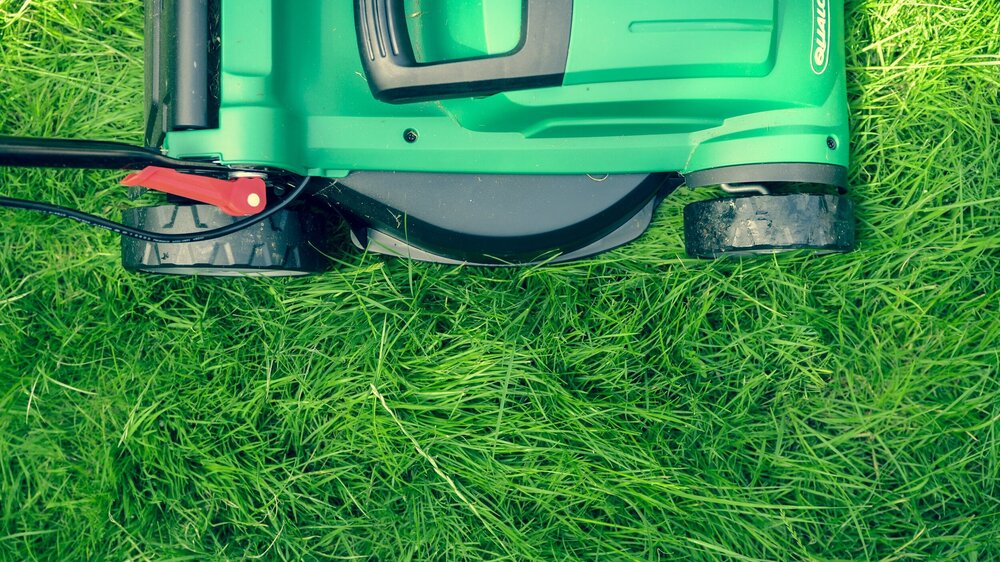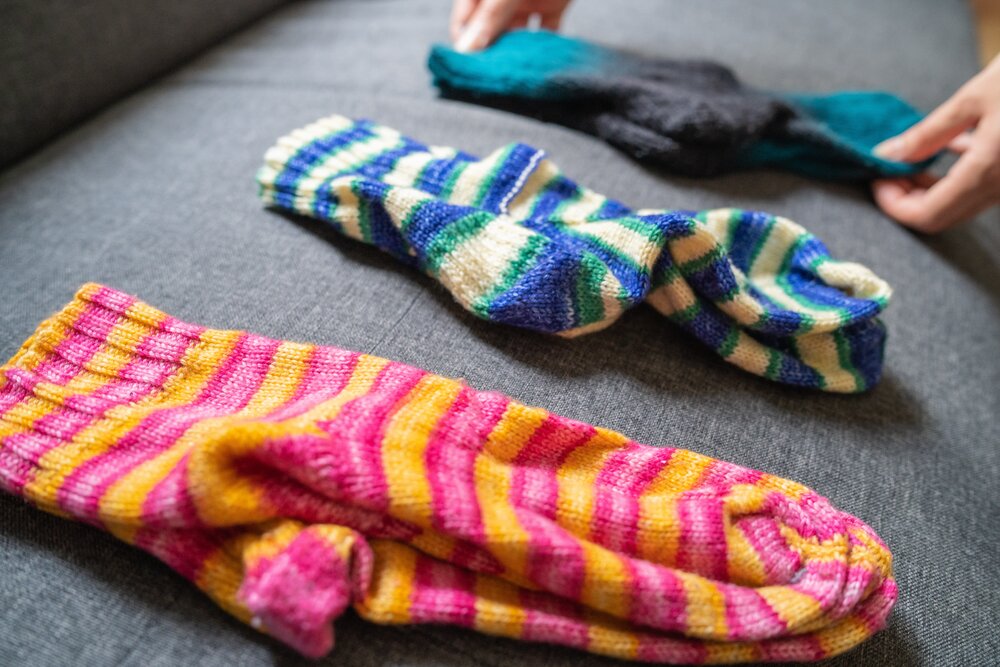
The other day, my husband taught our 12-year-old son to mow the lawn, something I had been suggesting for a few years. Not only do I think that this can save my husband some time out in the heat every weekend, or that our son can make some money peddling his services in the neighborhood, but I also believe that chores play an important role in a child’s development and maturation, as well as other life skills.
When I was a kid, we had a few responsibilities in our house and a weekly allowance. At the end of each week, we were supposed to get our allowance based on how well we had done our chores. That seemed to be the arrangement in most of my friends’ homes, too.
While that thinking persists in a number of American families, some parenting writers and financial advisers, and others espouse a slightly different line of thinking. Your child, they say, shouldn’t expect to get paid to perform basic tasks in your home. Those tasks are more like their contribution to the household.
Wow, I thought. I never thought of that before. As the new advice sunk in, I did a little happy dance. You mean my kid can do chores for free? That’s pretty sweet!!
Indeed, as I thought about this some more, I found it challenging to come up with chores that my son could do. It was my all-time favorite parenting book, How to Raise an Adult by Julie Lythcott-Haims, that gave me some really good ideas for a chores list, which she breaks down by age groups and developmental principles. According to Lythcott-Haims, at 8, kids should be exhibiting “pride in personal belongings;” at 10, they should be able to “perform many skills independently.”
One of my favorites on this list is the laundry. We started when my son was young, matching socks, a game we learned from a Bert & Ernie book. Without knowing it, I was laying the groundwork for his future. By the time he was 8, he was folding and putting away his clothes, which is consistent with Lythcott-Haims’ list. At 10, we taught him how to do the wash and change it to the dryer, also listed in How to Raise an Adult. Of course, a child’s ability to do this depends a lot on his/her size size; s/he needs to be strong enough to carry full hampers down flights of stairs, and tall enough to load them into the washing machine.

It’s not a perfect arrangement. If my son occasionally wears wrinkled clothes, I am ok with that. For my own peace of mind, I also buy some extra pants and shirts each season, just in case, because with a pre-teen boy, one really never knows what’s going to happen. At least once, he has forgotten to use detergent, but still, the pros outweigh the cons according to this busy, working mom!
Now, we encourage our toddler to do more than match socks. He cleans up his toys (sort of), sweeps (poorly), and carries his dish to the sink after dinner, all of which are consistent with Lythcott-Haims and other experts. Soon, he should be learning his address and phone number, as well as performing self-care tasks independently, and even putting his own clothes away. I have to say, I never tried that with my older son when he was 4.
We don’t want our sons to feel like servants because, after all, they are not. I try not to say, “If you live in my house, you do things my way!” Instead, I emphasize that we all contribute something to live here…although I cannot promise that have never said it the other way!
So, in my moments of quiet while he mowed the lawn, I took advantage of quiet reflection to write this short piece because I think kids can gain a lot from doing chores. When my son came back in, he was enthused and sweaty from the July heat, and immediately asked, “How how much do I get paid for mowing the lawn each week?”
I guess, as they say, the best laid plans of mice and men (and mothers) often go astray.
Pro Tip: If you think Lythcott-Haims’ ideas sound interesting, check out her TedTalk!
